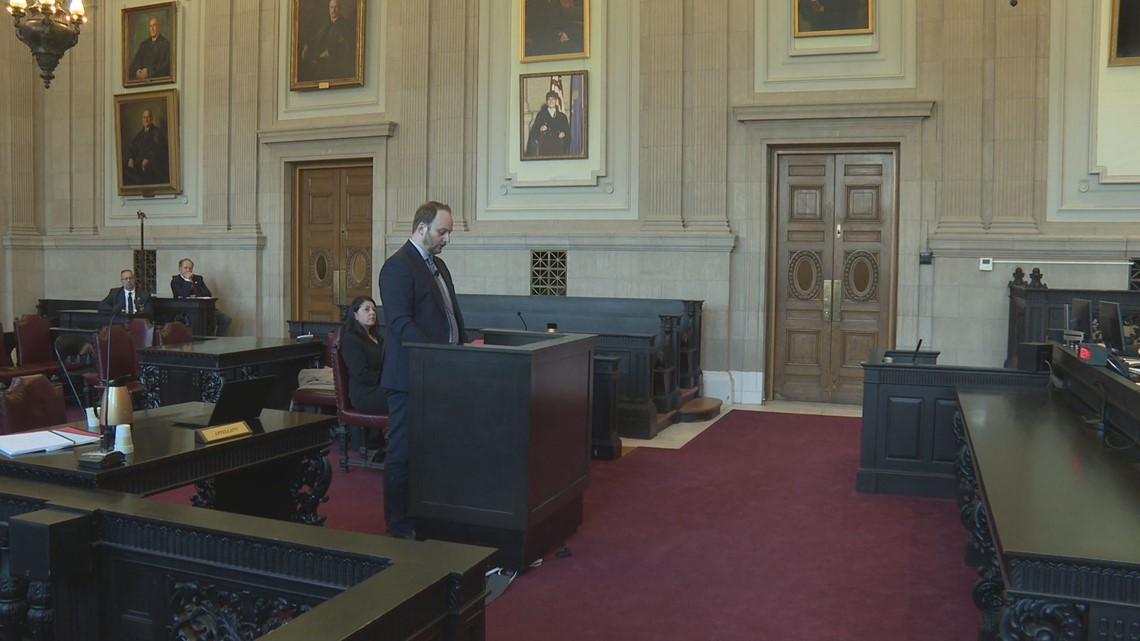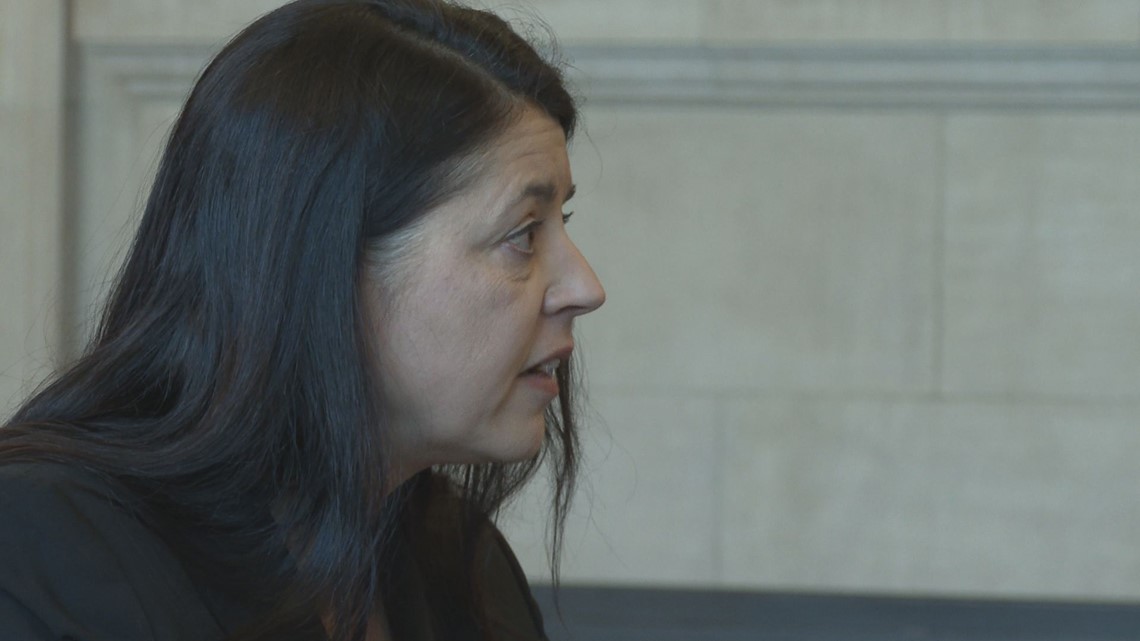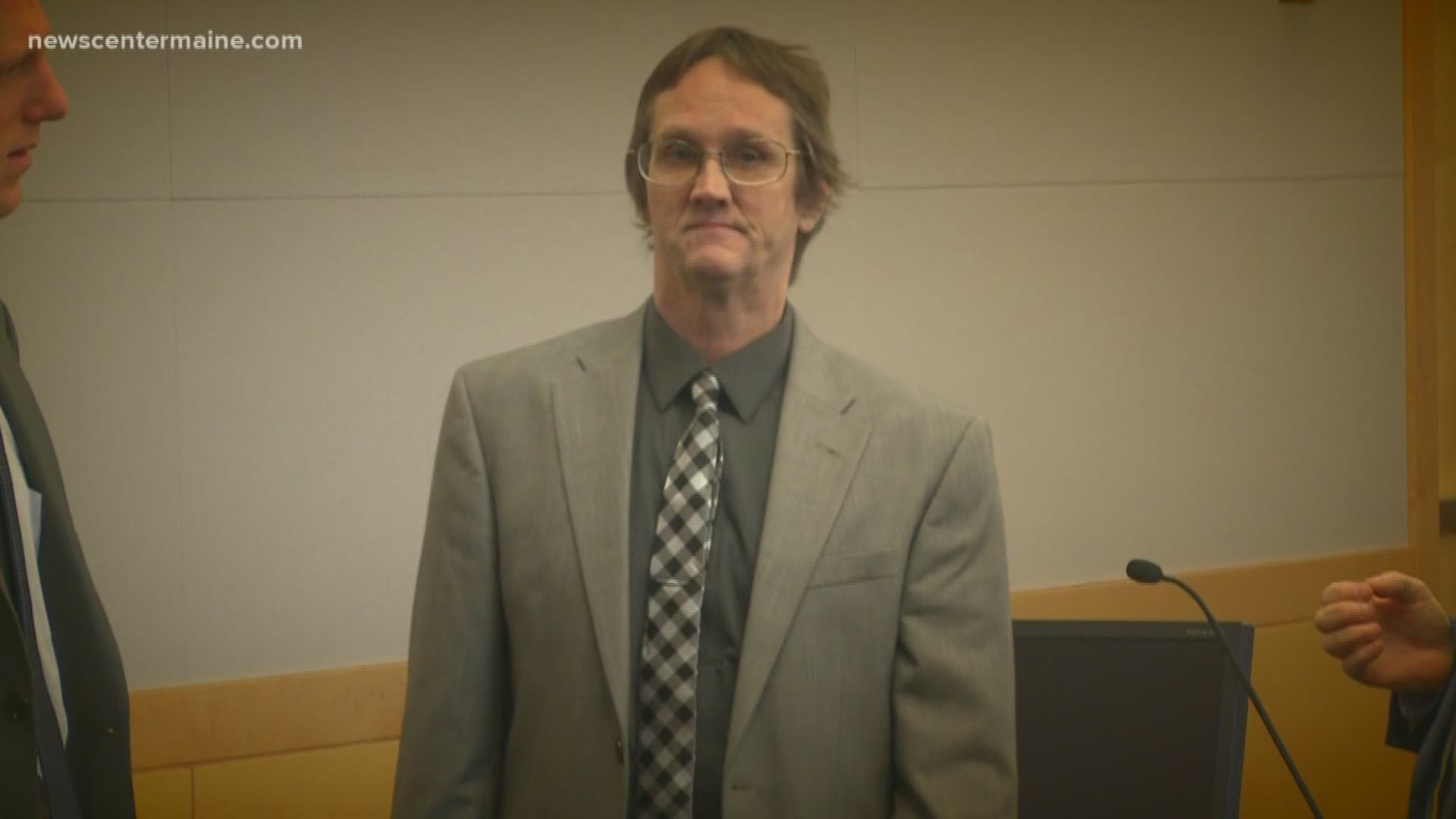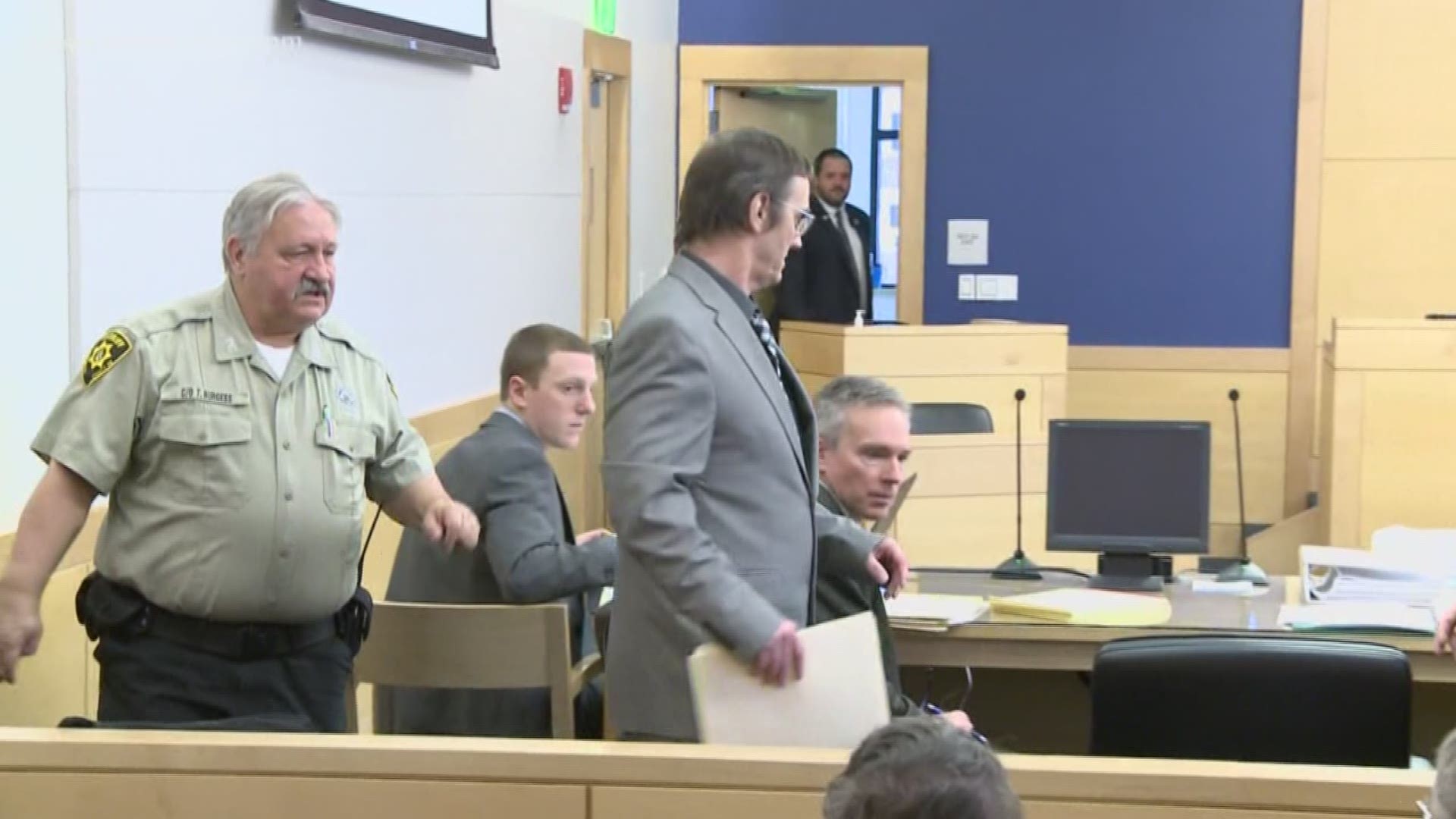PORTLAND (NEWS CENTER Maine) – The man convicted for the murder of 16-year-old Joyce McLain in 1980 is appealing that conviction in Maine Supreme Court Wednesday. Philip Scott Fournier was sentenced to 45 years behind bars in April—36 years after the murder. McLain, a student at Schenk High School, was on a run in East Millinocket when she was killed. Fournier was charged with the crime in 2016.
Defense Attorney Rory McNamara argued on behalf of Fournier that Superior Court Justice Ann Murray erred in her judgement. McNamara told Maine's high court the judge excluded evidence of an alternative suspect, didn't allow certain testimony from detectives and allowed into evidence a confession Fournier made to his Pastor.
“You're supposed to decide whether, amongst other things, an alternative piece of suspect evidence creates a reasonable doubt," said McNamara. "The only way to do that, I argue, is in aggregate, to consider all of that evidence together. When some of that evidence is excluded without consideration of other evidence that hasn’t even come in yet, it’s not possible to do that.”


The state, represented by Assistant Attorney General Lara Nomani said the jury-waived trial was carefully deliberated and proved beyond a reasonable doubt in a 24-page decision.
“I submit to you that Fournier, in each of his arguments on appeal, fails to demonstrate that the trial court erred in her application of precedent to the facts in dispute," said Nomani, "or offer any compelling justification why the court should abandon stare decisis and affect the sea changes that he advocates.”


If Fournier is successful in his appeal and the conviction is reversed, it would be up to the state’s Attorney General’s Office whether or not to retry the case.
He has maintained he does not remember a thing from that day back in August of 1980, despite allegedly confessing to his pastor and a coworker that he killed McLain.
Now Fournier’s attorney is arguing the court improperly excluded evidence about an alternative suspect in the trial, as well as testimony about why a detective did not arrest him immediately after he made statements to police.
They are also challenging the ruling that Fournier waived his religious privilege regarding statements he made to his pastor allegedly confessing to him back in 1981.


